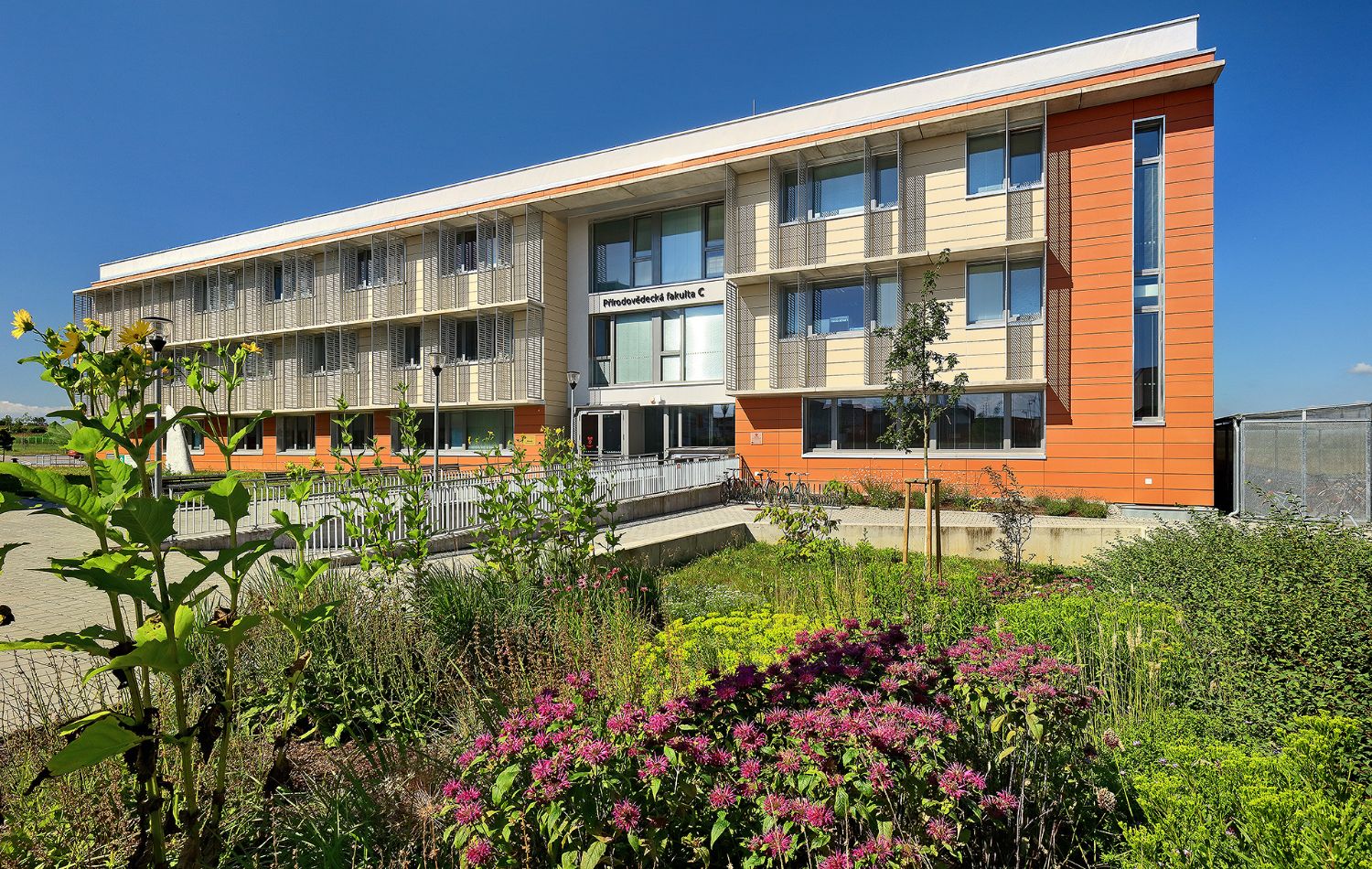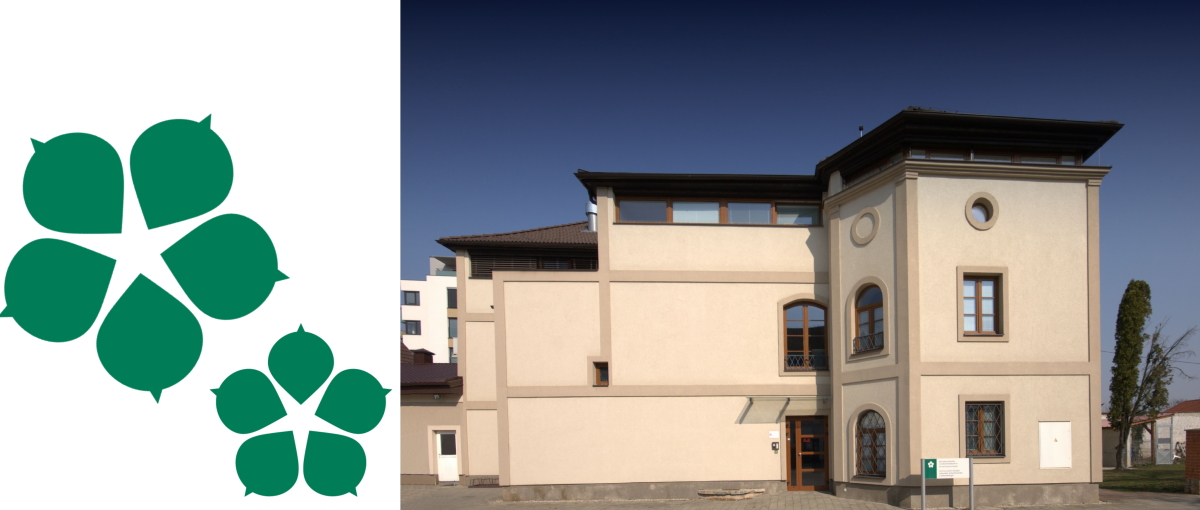| Course |
Semester |
Functions/discourse markers |
Grammar/structures |
Topics/Vocabulary |
|
BA1
A1-A2
|
ZS
|
Describing habits and routines
Describing places
Describing things
Describing past experiences
Linkers sequential – past time
|
Questions, question words
Present Simple
Adverbial phrases of time/place and frequency including word order
Imperatives
Present Continuous
'Have/have got
Possessive ‘s, s’'
Possessive pronouns
Past Simple
Used to
“Wh” questions in the past
Past Continuous
Countable and uncountable nouns
Determiners Much/many/some/any/all/no/none
something/somebody/anything/anybody/everything/everybody/everywhere/somewhere/anywhere
A few/ a little/a lot of
Articles with countable and uncountable nouns
Demonstrative this/that/these/those
|
Phrasal verbs (common)
Adverbs of frequency
Simple adverbs of place/manner/time
Prepositions of time on/in/at
Prepositions of place
Personal details
Family
Numbers, time
Food and drink
Things in the town, shops, shopping
Hobbies and pastimes
Holidays
Inside the house
Objects and rooms
In the classroom
|
| |
LS
|
Describing people
Obligation and necessity
Requests
Suggestions
Advice
Invitations
Offers
Possibility
Arrangements/-ing to meet people
|
Verb + gerunds/infinitives,
To infinitive to express purpose
Like/would like/what’s…like
Going to
Will
Present continuous the for future
Future time (will x going to)
Comparative and superlative forms of adjectives,
Use of than, (not)as…as
Present Perfect Simple
For/Since
Modal verbs – can/could/must/have to/ should/may/might
Zero and First Conditional, Time clauses
-ed/-ing adjectives
|
Prepositional phrases (place/time/movement)
Phrasal verbs (common)
Adjectives personality, description, feelings
Basic intensifiers (very/really/quite/so/a bit)
Work and jobs
Education
Leisure activities
Animals
Clothes
Weather
Going out
Other countries
Travel and services
Transport
|
|
Course
|
Semester
|
Functions/discourse markers
|
Grammar/structures
|
Topics/Vocabulary
|
|
BA1
úplní začátečníci
A0-A2
Jako BA1 a k tomu
|
|
Directions
Describing habits and routines
Giving personal information
Greetings
Telling the time
Directions
Understanding and using numbers
Understanding and using prices
Connecting words (and, but, because)
|
Adjectives common and demonstrative
Adverbs of frequency
Articles a/an/the
Comparatives and superlatives
Determiners basic
Going to
How much/how many
Have/have got
Very common uncountable nouns
I’d like
Imperatives
Intensifiers very basic
Modals can/can’t, could/couldn’t
Past Simple of TO BE
Past Simple
Possessive adjectives
Possessive ‘s
Prepositions common
Prepositions of place
Prepositions of time including in/on/at
Present Continuous
Present Simple
Pronouns simple, personal
Questions
There is/there are
To be, incl questions, negatives
Verb +ing, like/hate/love
|
Food and drink
Nationalities and countries
Personal information
Things in the town, shops, shopping
Verbs – basic
Family life
Hobbies and pastimes
Holidays
Leisure activities
Shopping
Work and jobs
Clothes
Colours
Dimensions
Ways of travelling
|
|
Course
|
Semester
|
Functions/discourse markers
|
Grammar/structures
|
Topics/Vocabulary
|
|
BA2
A2-B1
|
ZS
|
Describing feelings and emotions, attitudes
Describing places
Giving advice
Expressing opinions
Agreeing and disagreeing
Initiating and closing conversation
Describing people
|
Simple passives
Second conditional (revision of first conditional)
Present Perfect continuous
Present Perfect simple x continuous
Present Perfect x Past Simple
Past Perfect
Reported statements
-ed/-ing adjectives
Future (will/going to / present simple, continuous,/may/might/future in time clauses)
Adjectives - collocation of adjective
Articles with countable and uncountable nouns
Determiners – broad range (e.g. all the, most, both)
|
Phrasal verbs extended
Collocations (tell a story, keep a promise..)
Broader range of intensifiers such as too, enough
Things in the town, shops and shopping
Travel and holidays
Vehicles and transport
Hotels and restaurants
Sport and leisure activities
Numbers, size, dimension, shapes, patterns
Health and the body
Feelings, features of character
Adjectives to describe people
|
|
|
LS
|
Describing past experiences and events, storytelling
Requests and offers
Checking understanding
Managing interaction (interrupting, changing the topic, resuming or continuing)
Talking about films and books
Markers to structure informal spoken discourse
Linkers – sequential past time
|
Questions, subject/object questions
Question tags, short answers
Past time (Past Simple x Past Continuous, Past Perfect), Active/Passive
Used to
Would to express habit in the past
Modal verbs must/can’t deduction in present
Modal verbs may/might/can/could/have to/ allowed to/must/mustn’t should/ought to/need to
Comparatives and superlatives
Adverbs x adjectives
Adverbial phrases of degree/extent/ probability
Adverbial phrases of time/place frequency incl. word order
Comparative and superlative form of adverbs
Connecting words expressing cause and effect, contrast etc.
|
Phrasal verbs extended
Collocations
Colloquial language
Art, music and literature
Sport and leisure
Clothes and appearance
Food, restaurants and cooking
Education
Media - TV and Internet
Technology – mobiles and computers
News, lifestyles and current affairs
|
|
Course
|
Semester
|
Functions/discourse markers
|
Grammar/structures
|
Topics/Vocabulary
|
|
BA3
B1-B2
|
ZS
|
Describing hopes and plans
Critiquing and reviewing
Developing an argument
Encouraging and inviting another speaker to continue, come in
Managing interaction
Taking initiative in interaction
Expressing opinion, justification
Agreeing and disagreeing
Expressing reaction, indifference
Checking understanding
Linkers although, in spite of, despite
Connecting words expressing cause and effect, contrast etc.
|
Future forms (will/going to / present simple, continuous,/may/might/future in time clauses)
Future continuous
Future perfect introduction
Gerunds and infinitives extended
Conditionals First, Second, Third, Mixed
Wish
Relative clauses
Articles
|
Phrasal verbs extended
Collocations
Colloquial language
Contrasting opinions
The weather
Books and literature
Arts
Film
Science and Technology
Entertainment and the arts
Health and the body
The natural world
|
|
|
LS
|
Speculating
Describing experiences
Describing feelings and emotions
Interacting informally, reacting, expressing interest, sympathy, surprise etc
Expressing abstract ideas
Synthesizing, evaluating, glossing info
Giving precise information
Expressing certainty, probability, doubt
Generalising and qualifying
Linkers sequential – past time -subsequently
Discourse markers to structure formal speech
|
Modal verbs of deduction and speculation present/past
Can’t have/ needn’t have
Revision of all tenses active/passive
Narrative tenses
Would to express habits in the past
Passives – all passive forms
Reported speech
Adjectives and adverbs
Attitudinal adverbs
Collocation of intensifiers
|
Phrasal verbs extended
Collocations
Colloquial language
Summarising exponents
Crime and the law
Money
Media
People and behavior
Feelings and opinions
Education and learning
News, lifestyles and current affairs
Word formation
|

